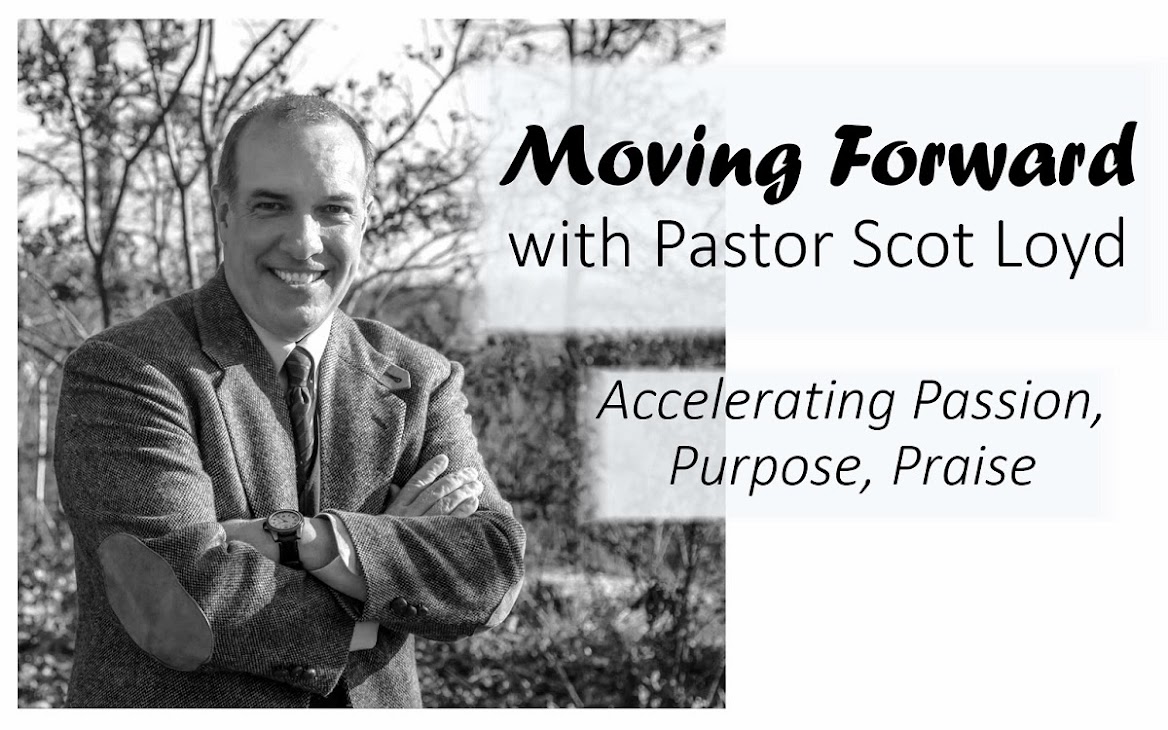At Easter and Christmas, many Americans make their
obligatory pilgrimage back to the Church. For many, this is the two times every year,
where their thoughts turn toward the subject of Christ and His church. At
least, we can take comfort in the fact that a significant number in our culture
still recognize the spiritual foundations of these holidays.
 "Of greater concern, I think, should be the number of Christians who populate the pews of churches in America every week with no real sense of why they are there."
"Of greater concern, I think, should be the number of Christians who populate the pews of churches in America every week with no real sense of why they are there."
Of greater concern, I think, should be the number of
Christians who populate the pews of churches in America every week with no real
sense of why they are there. We should expect that the grace of God would have
some influence on the greater society, giving them a sense of compulsion to
attend a worship service during significant celebrations of the Christian
faith. But what are we to make of professing Christians who attend a worship
service with no worship in their heart toward the God they confess to serve?
It seems the words of the prophet Isaiah have been
fulfilled, “...vanish."
(Isaiah 29:13-14 NIV) But why is there a lack of
worship and wonder in the hearts of many people?
"why is there a lack of worship and wonder in the hearts of many people?"
A contributing factor to the
lack of clarity in the pew is due to a fog in pulpit. On many fronts the
American pulpit has lost its power of proclamation and has exchanged it for the
impotence of suggestion.
One example of how the American
pulpit is suffering is in the form of the book “Love Wins: Heaven Hell and the
fate of every person who has ever lived” by Rob Bell. In his book, Bell
asserts that Hell is what we create for ourselves and that there will be no
future conscience torment of those who reject God. And eventually every sinner
will turn to God. Bell’s book is diametrically opposed to the clear teaching of
the Scripture, one example being John 3:36 “Whoever believes in the Son has eternal
life; whoever does not obey the Son shall not see life, but the wrath of God
remains on him.”
Rob Bell’s assertions do much to
demean the power of the death and resurrection of Christ and misrepresent the
character of God. For instance, in an interview with MSNBC, Bell responded to a
question about the coming judgment with “We are now, when you die, firmly in
the realm of speculation.” The problem with Bell’s claim, of course, is the
Resurrection of Jesus Christ. Jesus lived, died and rose again from the grave
to tell us about it.
In John chapter 11 Jesus told
the grieving sister of a friend who had died, “I am the resurrection and the
life. Whoever believes in me, though he die, yet shall he live” And in John
14:3 the resurrected Christ tells His awe struck disciples, “…I go and prepare
a place for you, I will come again and will take you to myself, that where I am
you may be also.”
Because of the resurrection of
Jesus we can know for certain about what happens to us when we die. In 2
Corinthians 5:8 Paul tells us, “We are confident, I say, and willing rather to
be absent from the body, and to be present with the Lord.” We can share in this
confidence because of the resurrection.
"Because of the resurrection of Jesus we can know for certain about what happens to us when we die."
We can be equally as confident
of the eternal destination of the unbeliever also because of the words of
Christ. In Luke 16 Jesus tells the story of a rich man lived a life of opulence
and ease while a poor man named Lazarus languished in hunger and pain just
outside his gate. Both died and the rich man suffered eternally in Hell and the
angels took Lazarus to paradise. In Hell, the rich man begged for Lazarus to
come relieve his torment with just one drop of water, only to discover that
this can’t happen. He then asked that Lazarus be sent to warn his unrepentant
brothers, to which he hears the reply, “If they do not hear Moses and the
Prophets, neither will they be convinced if someone should rise from the dead.”
And, of course, someone did rise
from the dead, and many remain unconvinced. Christ is alive; this will impact
our eternal destiny if it is faithfully proclaimed. Sadly, due to the
increasing impotence of the American pulpit, many have not heard “Moses and the
Prophets.”
I hope they will hear that
Christ has risen from the dead.

No comments :
Post a Comment